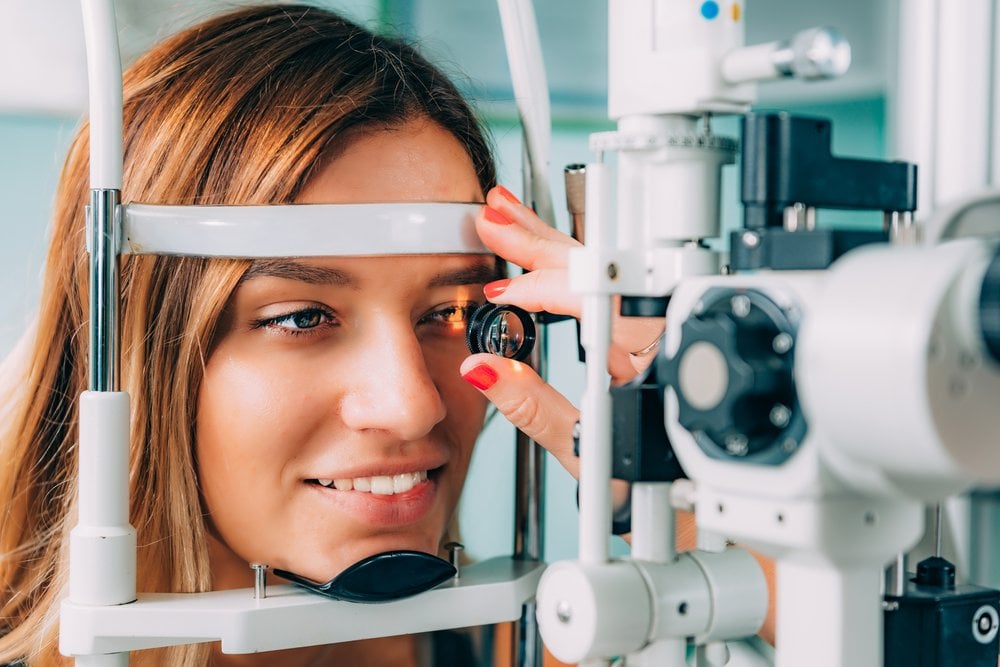In the vast landscape of eye care, navigating the roles of ophthalmologists and optometrists can sometimes be confusing. Both professionals play crucial roles in maintaining optimal eye health, but their scopes of practice differ. Understanding these distinctions can empower individuals to make informed decisions about their eye care needs.
Ophthalmologists are medical doctors (MDs) or Doctor of Osteopathic Medicine (DOs) who specialize in eye and vision care. They undergo extensive medical training, typically requiring four years of medical school followed by at least four years of residency training in ophthalmology. Some may also undergo additional fellowship training in subspecialties such as retina, cornea, or pediatric ophthalmology.
What Ophthalmologists Offer:
- Medical and Surgical Expertise: Ophthalmologists are trained to diagnose and treat a wide range of eye conditions, from routine refractive errors to complex diseases such as glaucoma, cataracts, and macular degeneration. They can perform surgical procedures, including cataract surgery, LASIK, and retinal surgeries.
- Comprehensive Eye Examinations: Ophthalmologists conduct thorough eye examinations, which may involve assessing visual acuity, examining the health of the eye structures, and performing tests such as tonometry to measure intraocular pressure.
- Management of Systemic Conditions: Since the eyes are interconnected with overall health, ophthalmologists are equipped to recognize signs of systemic diseases such as diabetes and hypertension through their impact on the eyes.
Optometrists, on the other hand, are healthcare professionals who specialize in primary vision care. They earn a Doctor of Optometry (OD) degree after completing a four-year postgraduate program at an accredited optometry school.
What Optometrists Offer:
- Routine Eye Examinations: Optometrists perform thorough eye examinations to assess vision and eye health. They can prescribe corrective lenses, including glasses and contact lenses (Specialty Contact Lens Clinic, Orthokeratology (Ortho-K), Myopia Management, and more), to address refractive errors like nearsightedness, farsightedness, and astigmatism.
- Detection and Management of Eye Conditions: Optometrists are trained to diagnose and manage various eye conditions such as dry eye syndrome, conjunctivitis, and certain types of glaucoma. They may also provide pre- and post-operative care for patients undergoing LASIK and refractive surgeries.
- Co-management with Ophthalmologists: In cases where surgical intervention or specialized treatment is required, optometrists collaborate with ophthalmologists to ensure comprehensive care for patients.
Choosing the Right Provider for Your Needs
When determining whether to schedule an appointment with an ophthalmologist or an optometrist, consider the nature of your eye health concerns:
- Routine Eye Care: For routine eye exams, prescription updates, and management of common eye conditions, scheduling an appointment with an optometrist is often sufficient.
- Complex Eye Conditions: If you have a history of eye disease, require surgical intervention, or have complex vision issues, consulting an ophthalmologist is advisable. They have the expertise and resources to address a wide range of ocular conditions.
- Preventive Care: Regardless of your specific eye care needs, annual eye examinations are essential for maintaining optimal vision and eye health. Both ophthalmologists and optometrists play vital roles in preventive care and early detection of eye diseases.
At Houston Eye Associates, you will be seen by board-certified ophthalmologists or board-licensed optometrists. While our ophthalmologists and optometrists have distinct roles within the eye care industry, their goal remains the same: to preserve and enhance the vision and eye health of their patients.
By understanding the differences between these two professions, individuals can make informed decisions about their eye care and seek appropriate medical attention when needed. If you are still unsure who you should "see", our patient care representatives can assist you in booking an appointment. Give us a call at 713-668-6828 to discuss your options or request an appointment with one of our eye care providers below.


